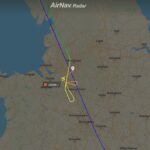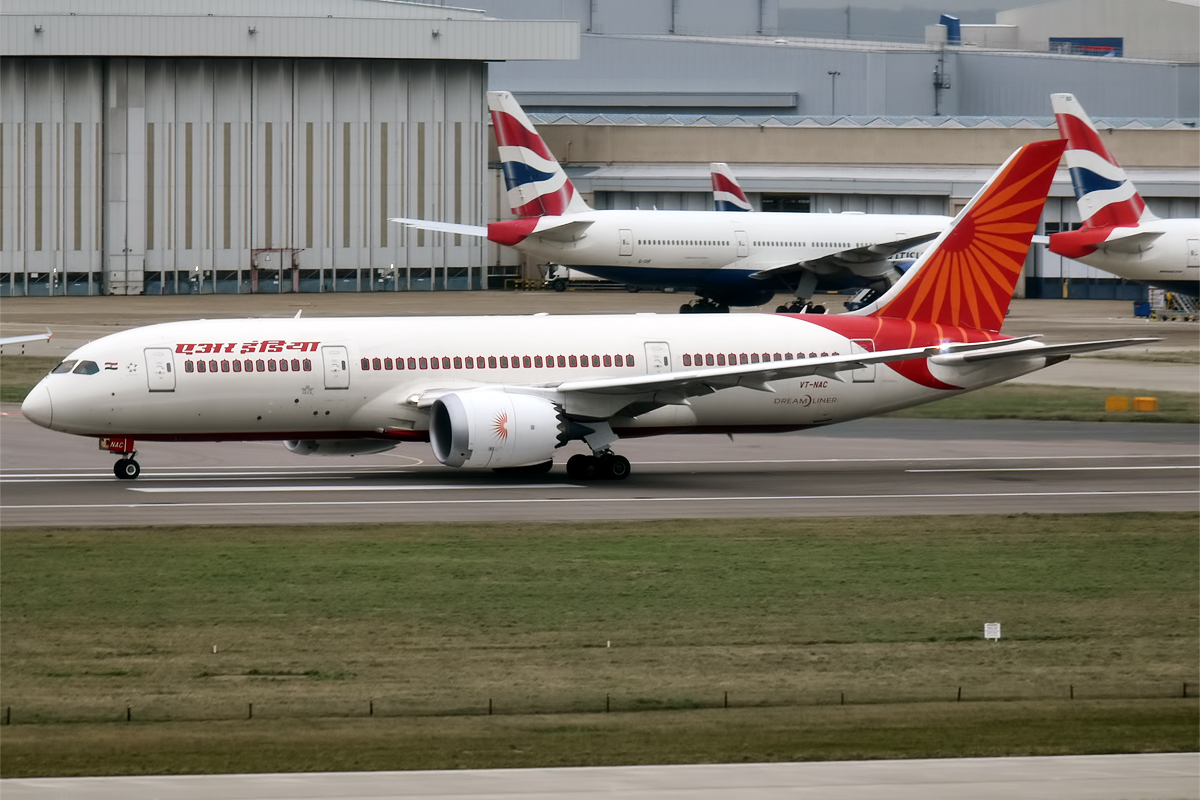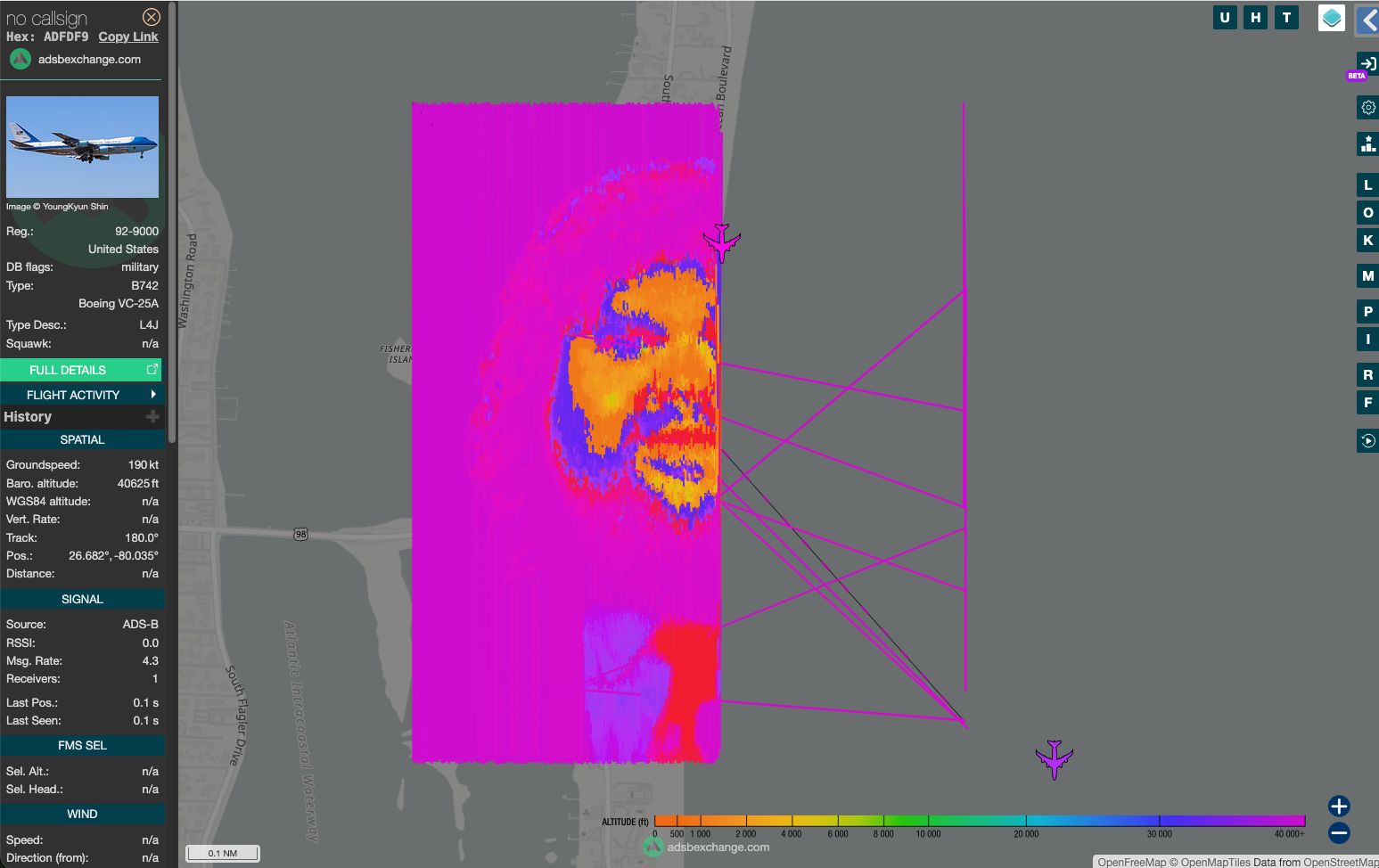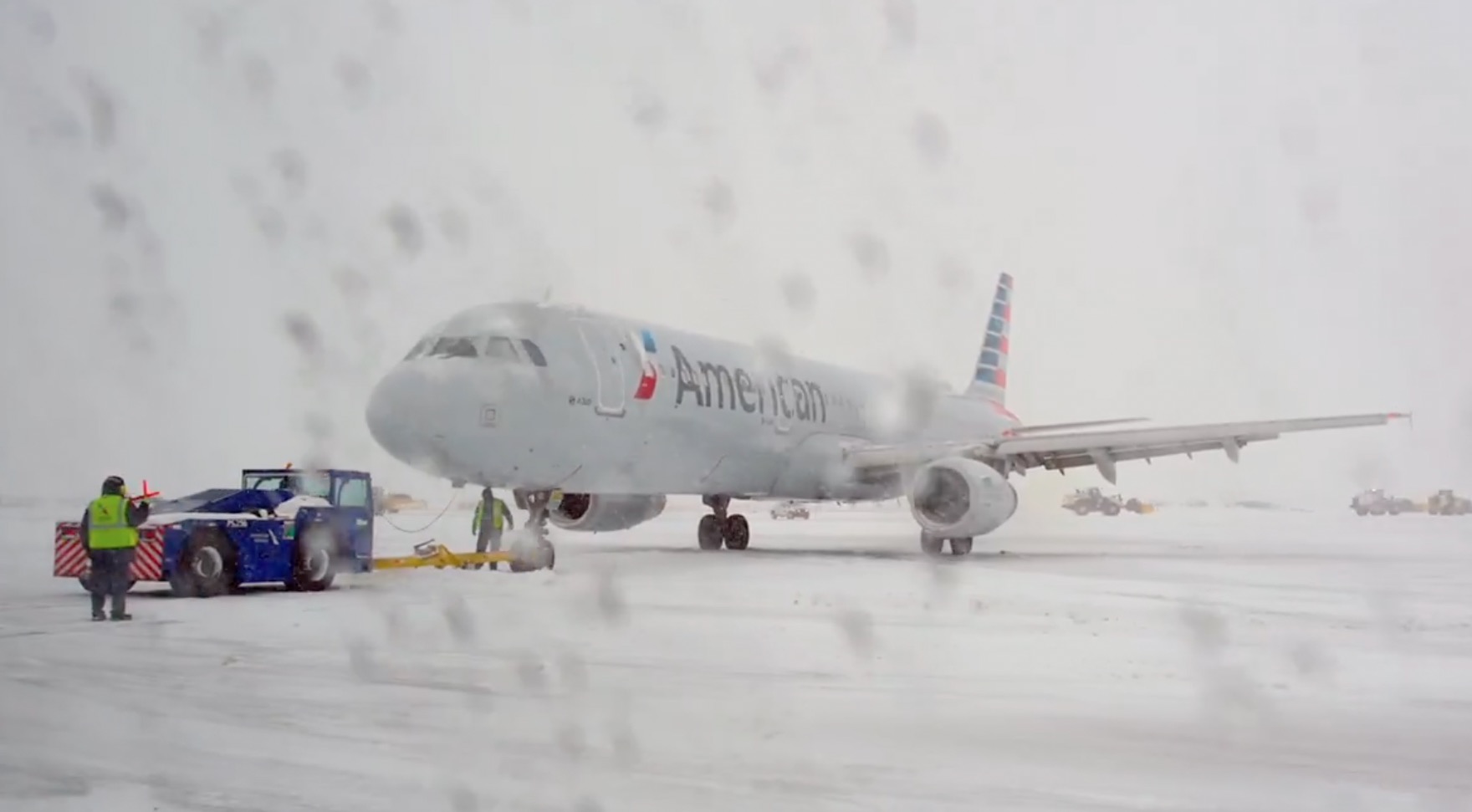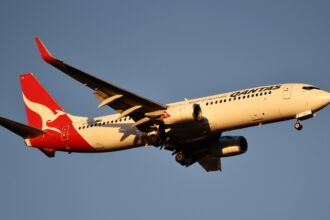On the 16th of February, 2024, an Avianca Airbus A320 flying from Barranquilla to Medellin, Colombia, experienced a bird strike on its No. 2 engine shortly after takeoff.
The Avianca A320 with registration N230AC was operating flight AV8545 and it encountered the birdstrike during its initial climb phase.
While the specific type of bird involved is not yet known, the impact caused engine surges, prompting the pilots to activate emergency procedures and initiate a return to Barranquilla.
The flight landed safely at approximately 5:03 pm local time, roughly 13 minutes after takeoff. Thankfully, there were no reports of injuries among the passengers or crew onboard.
Visuals from the cabin – The aircraft was operating flight to AV8545 to Medellin (MDE) with 170 passengers.
Flight : https://t.co/FlnsINUuQv
🎥Mauricio Ramírez / FL360aero https://t.co/dMXFd9R0ZD pic.twitter.com/NSEyoOHvCv
— FL360aero (@fl360aero) February 16, 2024
Avianca has confirmed the incident and commended the pilots’ professionalism in handling the situation. The aircraft is currently undergoing inspection to assess the extent of the damage caused by the bird strike.
Birdstrikes and aviation safety
Birdstrikes are a relatively common occurrence in aviation, posing a significant threat to aircraft safety. Fortunately, modern aircraft are designed to withstand impacts with birds of a certain size, and pilots are trained in emergency procedures to handle such situations.
This incident highlights the importance of ongoing efforts to minimize birdstrike risks around airports and flight paths. Collaborative measures involving wildlife management authorities, airports, and airlines are crucial in ensuring the safety of passengers and crew.






